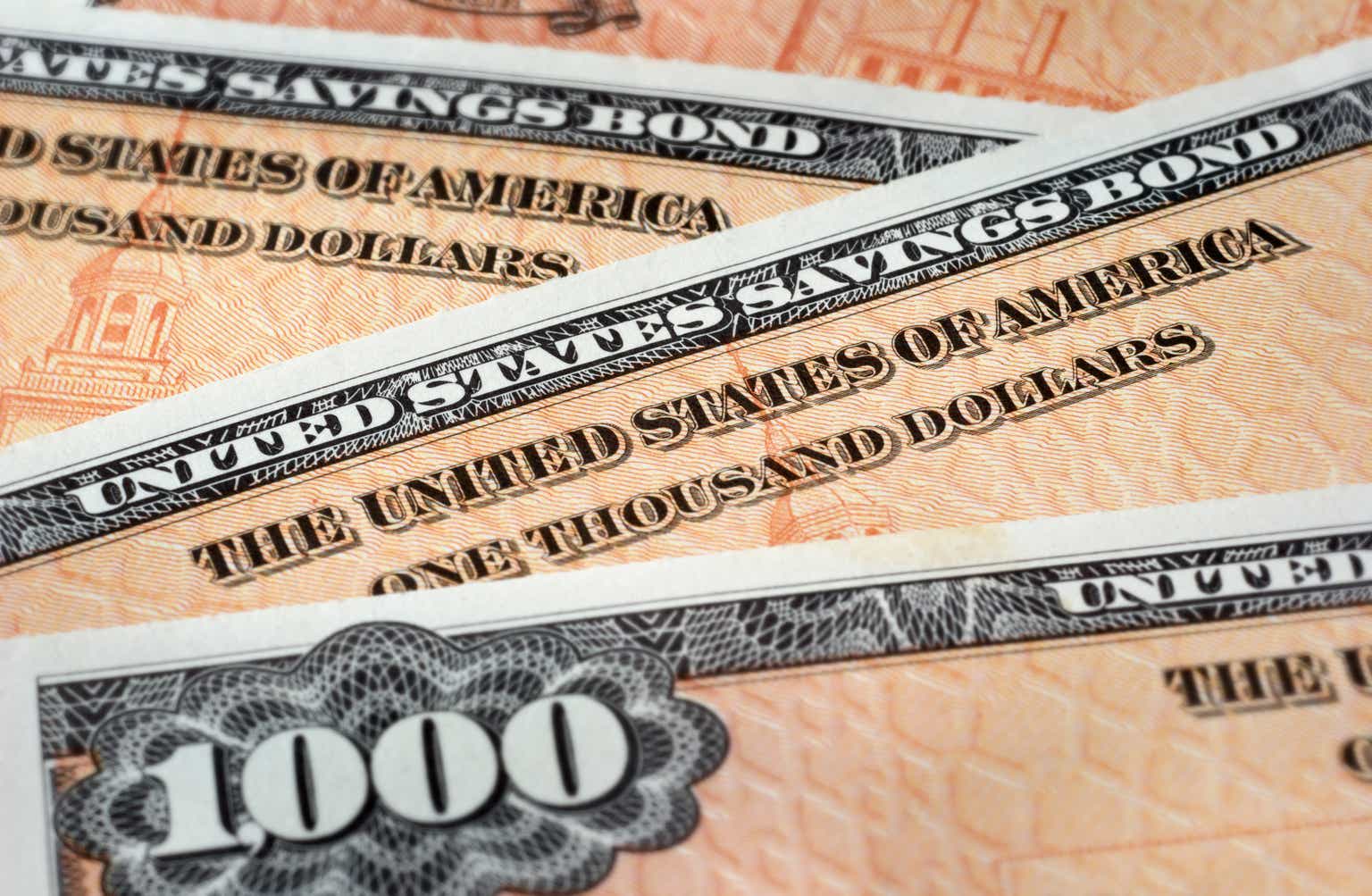Welcome back to Trump's America. It's so much different this time around.
In 2016, many Americans were grappling with what a Trump presidency would look like. This time around, Trump's vision for the country isn't a mystery.
Kent Nishimura/Getty Images; Rebecca Noble/Getty Images; Chelsea Jia Feng/BI
- As Donald Trump returns to the White House, loyalty will be a key aspect of his second term.
- Unlike 2017, Trump is no longer a political outsider adjusting to Washington for the first time.
- On Inauguration Day, Trump will be sworn in with a firm grip on the Republican Party.
When President-elect Donald Trump is sworn in for a second term on January 20, a lot will have changed since his 2017 inauguration, when he came into office as a political outsider who still elicited skepticism from many in Washington's Republican political class.
"They just weren't expecting to win," Peter Loge, an associate professor and the director of the School of Media and Public Affairs at George Washington University, told Business Insider about Trump's victory in 2016. "This time, there's an entire infrastructure. He has plans. There's Project 2025. He's much more like a traditional candidate who's ready to start governing on Day One."
Here's a look at how Trump and the country have entered a whole new era as the start of the president-elect's second term approaches:
Trump has raked in post-election cash
From Meta and Amazon to Ford and GM, a wide range of businesses and CEOs have contributed to Trump's inaugural fund.
In 2017, Trump raised $107 million for his inaugural committee, a staggering sum at the time. Just four years earlier, then-President Barack Obama's inaugural committee raised roughly $43 million.
Trump has so far raised at least $170 million for his second inaugural, according to The Associated Press. A full accounting of his inaugural funds isn't due until after he takes office.
Trump's business and tech support has grown
Ahead of Trump's first term, there was optimism among many in the business community over what they saw as his pro-growth agenda.
Trump's $1.5 trillion tax bill, which cut the corporate tax rate from 35% to 21%, was applauded by leaders who had been vocal about the need for American businesses to remain competitive in a global marketplace.
However, Trump's relationships with many of these leaders fizzled after the August 2017 Unite the Right rally in Charlottesville, Va., where white nationalist groups unleashed a wave of violence. And many top leaders steered clear of Trump in the immediate aftermath of the January 6, 2021, riot at the US Capitol, where legions of pro-Trump supporters stormed the complex in an effort to stop the certification of President Joe Biden's 2020 electoral victory. Brandon Bell/Pool via AP
After Trump defeated Vice President Kamala Harris in November, though, many business and tech leaders actively began to renew or establish relationships with the incoming commander-in-chief.
Elon Musk, the chief executive of Tesla, was ahead of the curve. He spent lavishly to help elect Trump and other GOP candidates last year, and Musk is now seemingly never too far away from the president-elect during major public appearances.
Meta chief executive Mark Zuckerberg, Amazon founder Jeff Bezos, Apple chief executive Tim Cook, and Musk will be guests at Trump's inaugural, according to NBC News and Bloomberg.
Loge told BI that many businesses have decided that it's "better to be on the Trump train than under it," pointing to the president-elect's penchant for dismissing the traditional workings of Washington and the desire for business leaders to have access to power.
"As a result, a lot of businesses are lining up behind Trump pretty rapidly," he said.
A Cabinet evolution
During Trump's first term, several high-profile members of his Cabinet, like onetime Secretary of State Rex Tillerson and ex-Attorney General Jeff Sessions, had turbulent tenures and were fired by the president. Andrew Harnik/Getty Images
This time around, Trump is leaning heavily on loyalists and longtime supporters in selecting his second-term Cabinet picks and other high-level appointees.
Many of the names stand out. Rep. Elise Stefanik of New York has been tapped to serve as US Ambassador to the United Nations, pending Senate confirmation. Defense secretary nominee Pete Hegseth underwent a tough confirmation hearing but is likely to win enough GOP votes to secure the post. And ex-presidential candidate and Health and Human Services secretary nominee Robert F. Kennedy Jr. — who backed Trump's campaign after ending his own candidacy — has emerged as a popular figure in Trumpworld over his stances on food and vaccine policies.
The million dollar question of Trump's second term is whether or not picking loyalists for his Cabinet will give him the sort of stability that he lacked in his first administration.
A less shocking win compared to 2016
Many Americans, who saw the multitude of national polls showing former Secretary of State Hillary Clinton ahead of Trump in 2016, were genuinely surprised when he won that November.
Dan Schnur, who teaches political communication at the University of Southern California and the University of California-Berkeley, told BI that Trump's first election "caused much more disruption" than it did in November 2024. Metin Aktas/Anadolu Agency/Getty Images
"The idea of Trump beating Clinton was inconceivable to most of the political universe," Schnur said.
After Trump's tumultuous first term and his lonely exit from Washington after losing to Biden in 2020, a large segment of the public saw the president-elect's political career as finished.
Still, Trump retained his hold over the GOP base, which powered his dominant caucus and primary wins last year. This was the case despite his myriad legal problems, which threatened his general election campaign.
Even as Harris' presidential candidacy spiked enthusiasm among Democrats after Biden stepped aside as the party's nominee, Trump still retained an advantage on the economy — which was a top issue for voters last November.
So when Trump won, it wasn't a shock to many. And the results showed that Trump broadened his appeal, as he won every major swing state and even secured a plurality of the national popular vote.
Congress will be more obedient
Trump is entering his second term with perhaps his strongest influence over Republicans to date. Lawmakers who may have been reluctant to align themselves with Trump in the past have largely put old feelings aside, embracing the fact that Republicans will now control the levers of power in Washington. Chip Somodevilla/Getty Images
Republicans who defy the party on critical votes are more likely to be met with swift repercussions this time around, mostly in the form of primary challenges and pressure campaigns on social media platforms like X.
Trump is also going to be reliant on GOP leaders in Congress — namely House Speaker Mike Johnson of Louisiana and Senate Majority Leader John Thune of South Dakota — to get his ambitious immigration and tax legislation passed.
However, while Republicans will enjoy a 53-47 edge in the Senate, they currently have a razor-thin 219-215 House majority, which is set to shrink even further following the expected departures of two members for roles in the Trump administration.
The wind is at Trump's back
In 2017, Trump was still a political novice and leaned on the legislative relationships that then-Vice President Mike Pence had amassed during his years on Capitol Hill.
"Back then, he tended to rely on establishment figures whom he felt would give him the necessary credibility in Washington," Schnur told BI. "But he learned over the course of those four years that many of those figures weren't nearly as loyal to him as he had expected."
"This time, he's put much more of a premium on personal relationships and loyalty. He's much more confident that the team around him is motivated toward the same goals as he is," Schnur added.
Trump now has a unified Congress, and he won a second term on the strength of his prior economic record, giving him a level of public support that he lacked early on in his first term.
Once he's is back in office, it'll clearly be a new day in Washington.
What's Your Reaction?






























